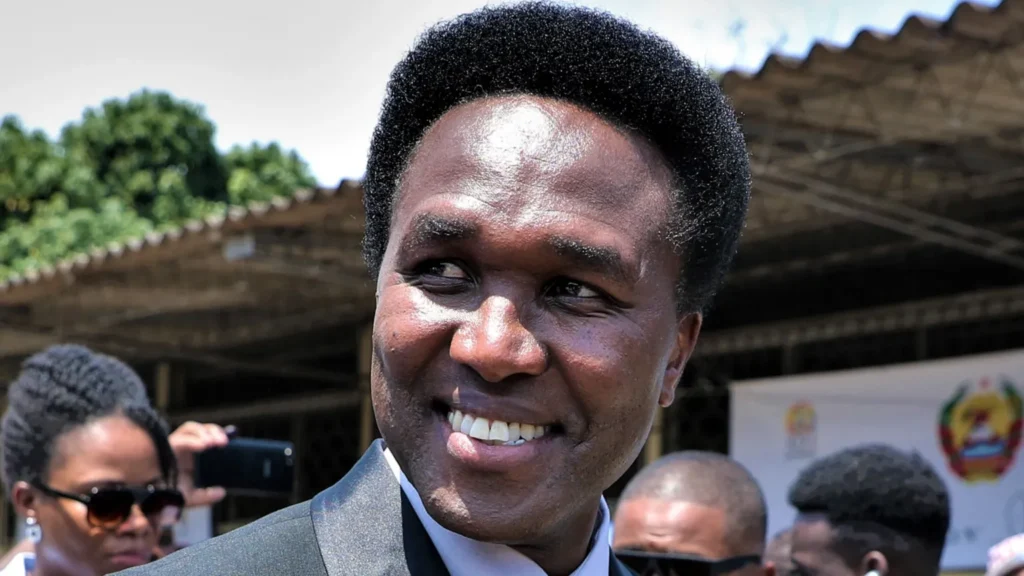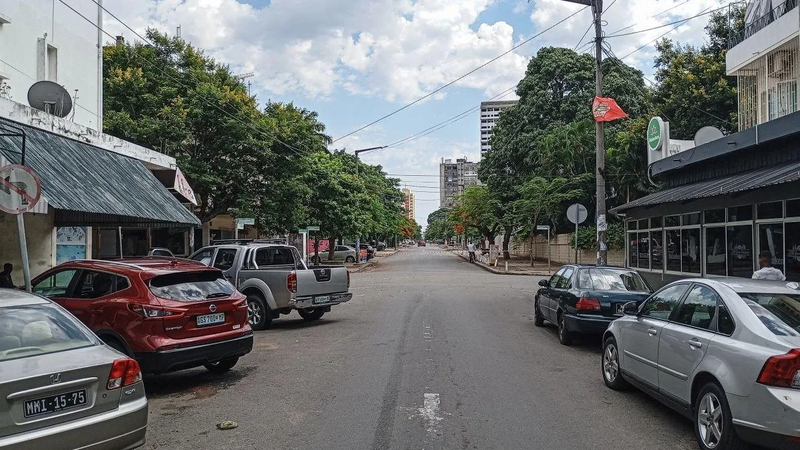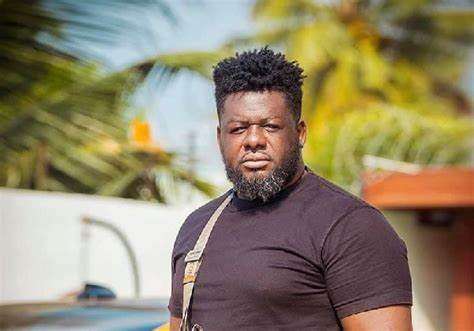Mozambique is on edge as the Constitutional Council prepares to rule on the country’s contentious presidential election, with opposition leader Venancio Mondlane warning of potential “chaos” if the ruling Frelimo party is declared the victor.
The tense standoff has already claimed at least 130 lives and disrupted key industries, raising fears of further unrest.
The election, held on October 9, saw the Frelimo party — in power since Mozambique’s independence from Portugal in 1975 — claim victory. The Constitutional Council is widely expected to validate this result, positioning Daniel Chapo to succeed President Filipe Nyusi when his second term ends on January 15.
The capital, Maputo, remained eerily quiet on Monday, with businesses shuttered and streets deserted despite the festive season. Police barricaded main roads into the city and blocked access to the Constitutional Council office and presidential palace.
Mondlane, the opposition candidate, alleges widespread electoral fraud and insists his own tally shows he won enough votes to claim the presidency. Addressing supporters online, he pledged to assume office on January 15, warning of “difficult days ahead.”
“Some thought our challenge was a bluff,” he said. “They will be surprised on January 15 when they see Venancio Mondlane take office in Maputo.”
Mondlane, 50, has been in self-imposed exile since the assassination of his lawyer on October 19, a killing he attributes to security forces. His absence has not quelled his influence, particularly among younger voters disillusioned by years of poverty in a resource-rich nation.
“The Constitutional Council’s ruling will lead Mozambique either to peace or chaos,” Mondlane said, calling for a “new popular uprising at a level never seen before.”

Protests Escalate, Death Toll Rises
The disputed election has triggered a wave of protests, with demonstrators targeting city centers, industrial operations, and power plants. The unrest has also disrupted trade at the country’s main border with South Africa, causing significant economic losses for its neighbor.
Police have faced accusations of using live ammunition against protesters. Civil society group Plataforma Decide, citing Amnesty International, reports that at least 130 people have been killed in the unrest.
International observers have voiced concern. The United States issued a travel warning ahead of the Constitutional Council’s announcement, while Pope Francis on Sunday urged dialogue and goodwill to “prevail over mistrust and discord” in Mozambique.
President Nyusi and Mondlane have reportedly held talks, though no agreements have been disclosed. In a national address last week, Nyusi called for unity, expressing hope that the final election results would pave the way for “constructive and inclusive dialogue.”
Preliminary election results gave Chapo 71% of the vote, with Mondlane securing 20%. However, Mondlane claims his independent tally shows he won 53% of the vote compared to Chapo’s 36%.
Analysts describe the ongoing protests as the “most dangerous” Mozambique has seen, with demonstrations continuing despite casualties and arrests. Police stations and Frelimo offices have been torched, escalating tensions.
Borges Nhamirre, a political analyst, predicted heightened unrest if the Constitutional Council validates Frelimo’s victory. “I’m convinced that if the election is declared free and fair, blood is going to flow,” he said.
Political and security risk analyst Johann Smith echoed this warning, describing the protests as akin to a “Southern African Spring,” drawing parallels to the Arab Spring uprisings.
“The whole game changes on Monday,” Smith said. “It will be a lot more intense and bloody.”
Mondlane’s rhetoric has struck a chord with many Mozambicans, amplifying resentment toward Frelimo’s decades-long rule. Observers compare the situation to recent political upheavals in Southern Africa, where entrenched ruling parties in Botswana and Namibia faced unprecedented challenges.
As such, the stakes could not be higher as Mozambique awaits the Constitutional Council’s verdict. The decision will likely determine whether the nation finds a path to peace or spirals further into chaos
READ ALSO: Ablakwa Questions Akufo-Addo’s Alleged Allocation of Public Lands to Family



















